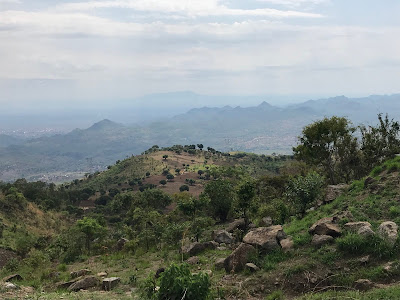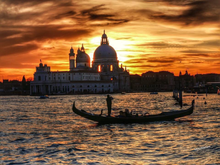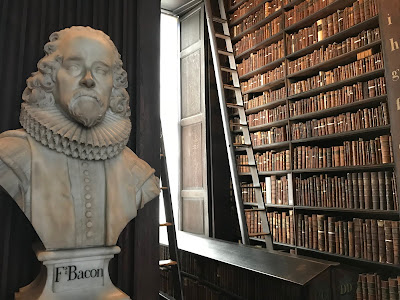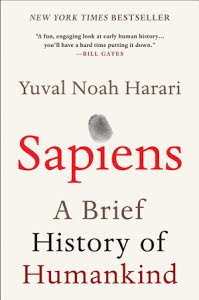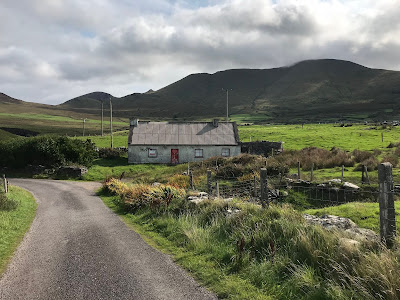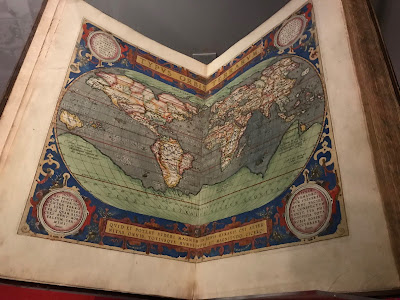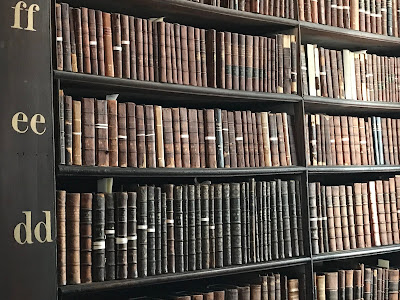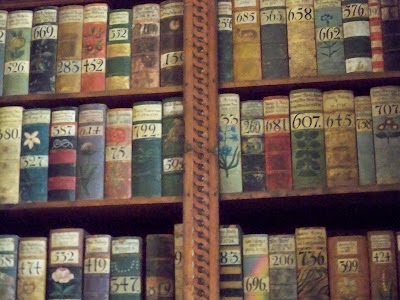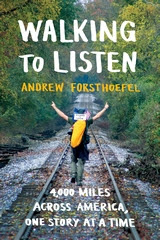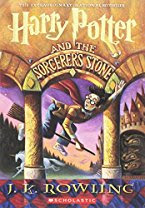Origin Story
After reading Sapiens a few months ago, I was looking for another “big” book. I’ve found one in Origin Story by David Christian.
The book is what is called “big history,” that is, not just the history of our country or of the world, but of the universe itself. It’s a story that could only recently have been told, due to discoveries about the universe and its beginnings made within the last few decades.
Origin Story starts with the big bang (threshold 1) and is organized around it and the eight thresholds that follow. Humans don’t even enter the picture till threshold 6, which was 200,000 years ago. Above all, then, this book puts us in our puny little place.
But it is also written with great reverence for human life, and awe at its development. There was never a guarantee that human beings would emerge from this ball of swirling elements, but somehow we did. Here’s one of my favorite passages from the book:
The spooky thing about life is that, though the inside of each cell looks like pandemonium—a sort of mud-wrestling contest involving a million molecules—whole cells give the impression of acting with purpose. Something inside each cell seems to drive it, as if it were working its way through a to-do list. The to-do list is simple: (1) stay alive despite entropy and unpredictable surroundings; and (2) make copies of myself that can do the same thing. And so on from cell to cell, and generation to generation. Here, in the seeking out of some outcomes and the avoidance of others, are the origins of desire, caring, purpose, ethics, even love.
